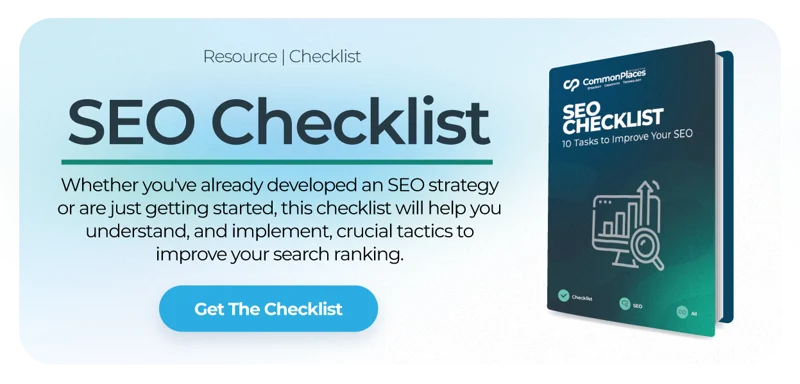Picking the right keywords and keyword phrases is one of the most important steps in successful search engine optimization (SEO). Increasing traffic to your site is a priority, but attracting the right audience is a necessity. Whether you're a seasoned digital marketer or just starting to dip your toes into the world of SEO choosing the most effective keywords to connect with your target market can seem like a daunting task. Where do you start? Fear not, we’ve put together a few tips to put you on the path to success.
5 Tips for Helping You Choose the Right Keywords
1. Think like a customer
To embark on a successful keyword research journey, first identify who your target audience is. Define their challenges, needs, and how your offering addresses those needs. Then, see what information you can gather on their online behavior. Popular tools like Google Analytics, Google Trends, and social media analytics can provide valuable insights into your audience's preferences and behaviors.
Once you have a solid understanding of who your audience is and what their points of interest are, put yourself into their shoes. Ask yourself, 'If I wanted to find one of these products or services, what would I type into Google?' You can also consult others, such as friends, family members, or even current customers to brainstorm a list of topics and phrases that are relevant to your business or industry. These topics will serve as the starting point for your keyword research.
2. Study the competition
Make a list of your main competitors and go to their websites to see what keywords they are targeting. Read the content and view the metatags to help identify the keywords they are targeting. Looking at your competitor's keywords will not only help you see what you could be forgetting, but also help broaden your list of ideas.
3. Understand the long tail keyword
When selecting keywords, consider the advantages of long-tail keywords, which consist of three or more words or phrases. These specific phrases cater to users with clear intent. For instance, instead of using a broad keyword like "apartment for rent," opt for a long-tail keyword like "pet-friendly studio apartments with utilities included in (City)." To discover related keywords and phrases for each topic, utilize tools such as Google's Keyword Planner, Moz Keyword Explorer, or SEMrush.

While long tail keywords tend to boast lower search volumes, they generally attract more relevant traffic, are typically less competitive, and easier to rank well on. Make sure to choose long tail keywords that help to specify your product or service.
4. Analyze Keyword Metrics
Before finalizing your keyword list, it's essential to assess the metrics associated with each keyword. If you are using Google Ads you can use their keyword tool to research your potential target keywords. With this tools and others like SEMRush, Moz, and RavenTools provide valuable data on metrics such as trends, search volume, keyword difficulty, and click-through rates. Aim for keywords with a healthy balance between search volume and competition. Also, consider the seasonality of keywords – some may perform better during specific times of the year.
5. Monitor the results and make adjustments
After choosing your keywords don't forget to monitor them and analyze the results. There are often trending keywords or phrases, along with new keywords your competitors may be using.
Regularly revisit and update your keyword strategy. Keep an eye on emerging keywords, shifts in user behavior, and industry developments. SEO tools can help automate this process by providing alerts and recommendations. By staying adaptable and informed, you can maintain a competitive edge in the world of keywords.
Bonus Tip:
Don't forget to utilize your keywords wherever possible! Insert your keywords into blog posts, social media posts, metatags and your website's content. The more you use keywords within your content, the easier it will be for your target audience to find you.
Bring it all together
Selecting the right keywords is a cornerstone of any successful SEO strategy. It takes time and research, but the results will be worth the effort. Remember, keyword research is an ongoing process. The tools mentioned here are your allies in this journey, so make the most of them. Happy keyword hunting!


